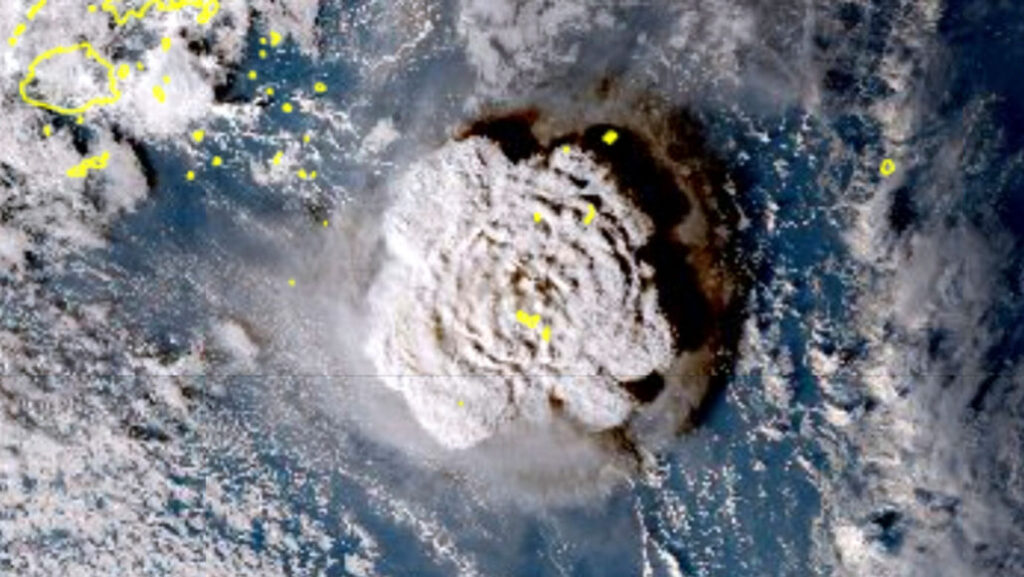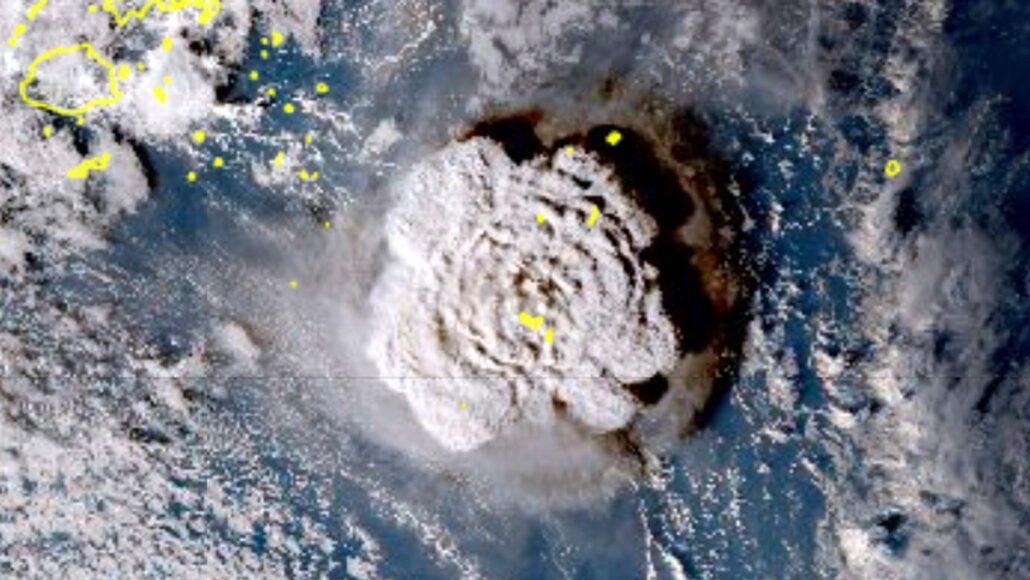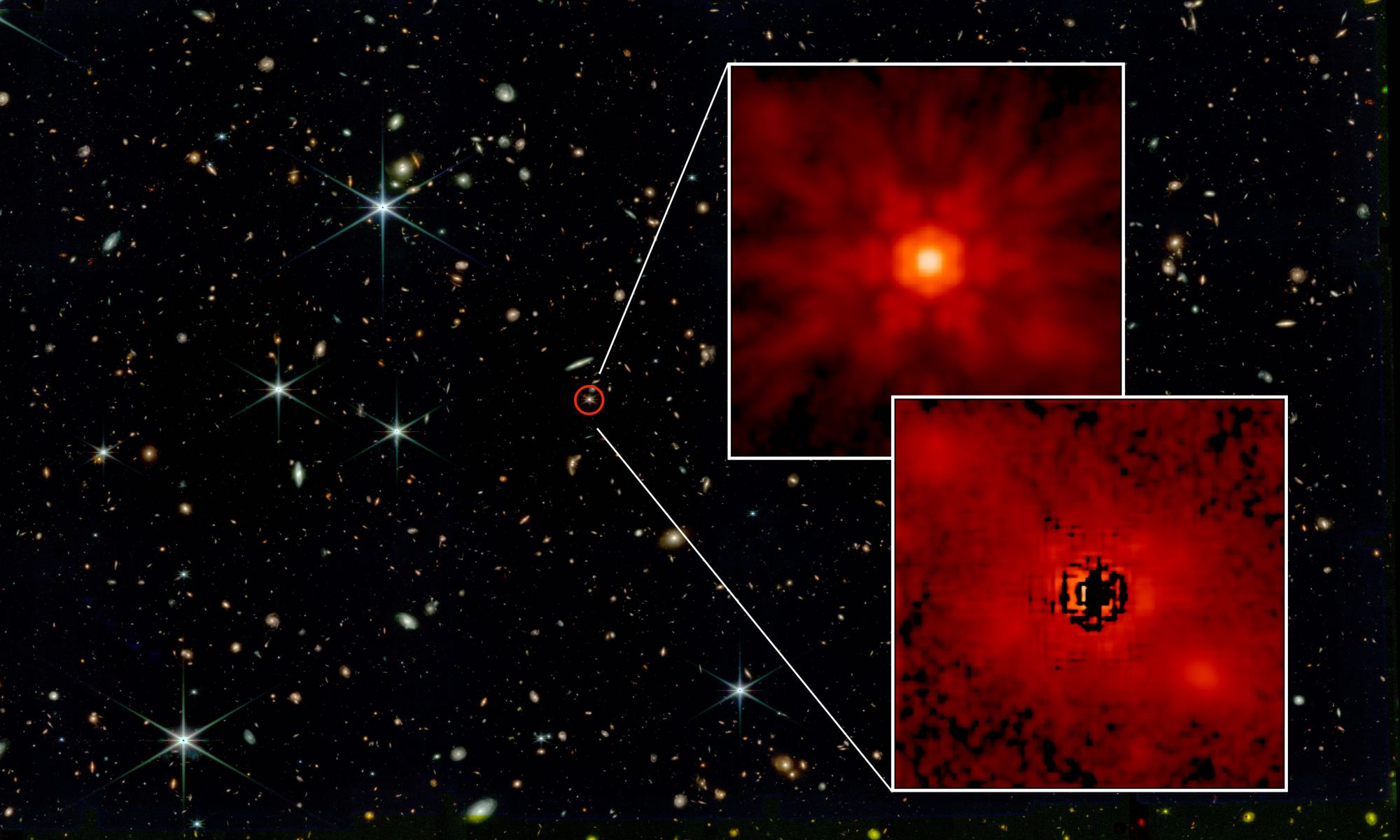The eruption of the Hunga Tonga volcano continues to shatter records, with its most recent achievement being the initiation of lightning at unprecedented altitudes.
According to a report published in the Geophysical Research Letters on June 28, researchers have observed lightning flashes originating from the eruption’s plume at astonishing heights of 20 to 30 kilometers above sea level.
The eruption of the Hunga Tonga-Hunga Ha’apai volcano, situated in the island nation of Tonga, took place in January 2022. These newly documented flashes reaching into the stratosphere add to the eruption’s remarkable collection of noteworthy statistics. Among these records are the highest concentration of lightning ever recorded, a towering plume that extended to the edges of space, and the generation of a tsunami equivalent in size to the Statue of Liberty.

When ash particles from a volcanic eruption collide, they generate static electricity, resulting in volcanic lightning. To determine the altitudes at which the eruption’s lightning occurred, Alexa Van Eaton, a volcanologist, and her colleagues examined data from ground-based lightning detection networks, infrared maps of lightning captured by satellites, and satellite images of the plume.
While certain types of lightning can extend to higher levels in the atmosphere, it is uncommon for a lightning flash to initiate at altitudes exceeding 20 kilometers above sea level. This limitation is due to the low air pressure at such heights, which makes it difficult for “leaders” to form. Leaders are the channels of hot plasma that typically constitute the lightning observed during thunderstorms.
According to Alexa Van Eaton, a volcanologist from the U.S. Geological Survey’s Cascades Volcano Observatory in Vancouver, Wash., the ascending plume resulting from the eruption may have elevated the air pressure to an extent that lightning could form at remarkably high altitudes.
Jeff Lapierre, a coauthor of the study and the principal lightning scientist at Advanced Environmental Monitoring in Germantown, Md., expresses astonishment at the unprecedented findings in the data from the Hunga Tonga eruption. He states, “We are witnessing phenomena that have never been observed before. Hunga has fundamentally altered our understanding of how natural events can impact the atmosphere and the previously assumed boundaries for the occurrence of lightning.” The eruption has reshaped the perception of the environment in which lightning can exist.



